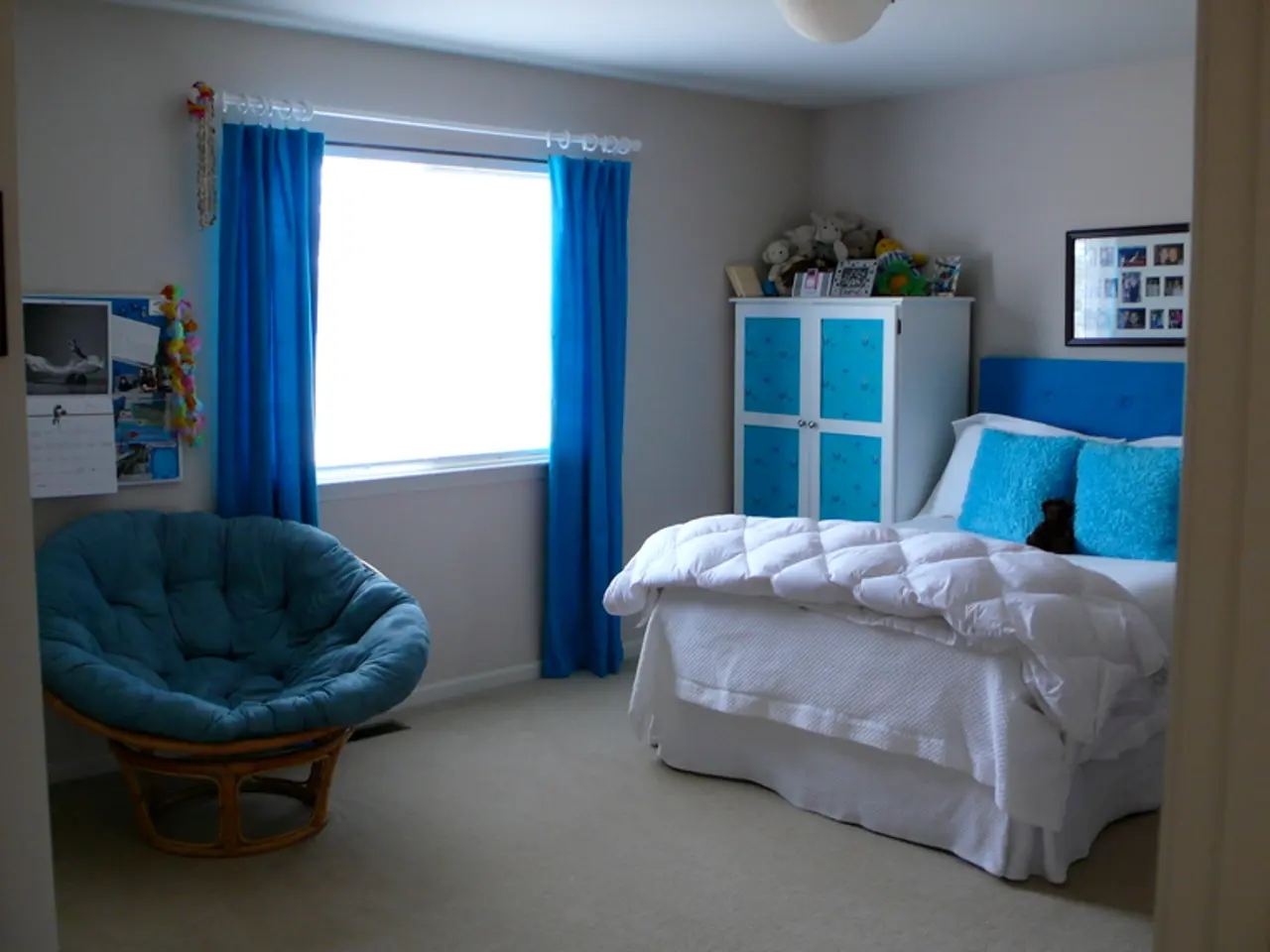Discover Five Legal Methods to Increase Your Household Income by £16k Tax-Free: Unveiling Financial Loopholes
Cracking the UK Tax System for a Potential Boost of Over £16,000!
Wondering how to boost your household income without handing a penny to the taxman? Described below are five quirks of the UK tax system, each one providing a legitimate avenue to pocket extra cash—and all fully sanctioned by HMRC!
Embraced by over 2 million households yet often overlooked, these methods take advantage of allowances and exemptions designed to help you make the most of your money. AJ Bell's personal finance director, Laura Suter, advises: "A little bit of tax system knowledge can go a long way!"
So, here's a rundown of these five income-boosting techniques...
- Marriage Allowance - Up to £1,260
If you're a couple, and one partner earns less than £50,270 annually, consider the marriage allowance. Pivotal conditions: - The lower-earning partner must either earn less than the Personal Allowance (currently £12,570) or not earn any income at all. - The higher-earning partner pays basic-rate tax.
Basic rate
When the lower-earning partner applies for this allowance, they can transfer up to 10% of their unused Personal Allowance to their husband, wife, or civil partner—saving up to £252 in the current tax year. The transfer reduces the higher-earner's taxable income, leading to overall savings for the couple.
£1,000
- Trading Allowance - £1,000
Got a side hustle? The trading allowance lets you earn up to £1,000 tax-free annually from hobbies, businesses, or other income streams that aren't your main job. This tax break could slim your tax bill by up to £200 a year (or £400 if you're a higher-rate taxpayer). If your income goes over the £1,000 threshold, you'll still benefit and need to declare it—but pay relevant taxes, too.
Higher rate
- Rent-a-Room Scheme - £7,500
£500
Airbnb, BnB, or even just letting that spare room—the rent-a-room scheme allows you to earn rental income up to £7,500 a year tax-free if you offer furnished accommodation in your primary residence. Basic-rate taxpayers can save up to £1,500, and those in a higher tax bracket can save £3,000. No need to file a tax return if your income stays under the limit; higher earnings require reporting to HMRC.
- Claim Tax-Free Childcare - £2,000
Additional rate
Eligible families can secure up to £500 every three months (or £2,000 per year) for each child to subsidize childcare expenses. For children with disabilities, the amount doubles (up to £4,000 annually). To claim, sign up for the tax-free childcare account online, ensure both parents work minimum hours, and earn under the income cap.
£0
- Make the most of the £5,000 tax-free savings allowance - £5,000
Don't fall victim to the savings tax trap! The good news? If you earn less than £12,570, you're entitled to a tax-free savings allowance of £5,000, effectively letting you accumulate up to £100,000 before incurring any tax. Transfer savings to the partner with the lower income to maximize your tax savings, especially if they're primarily relying on the State Pension or Retirement income.
By putting these strategies into practice, families can potentially save thousands in tax annually and build a stronger financial future. Remember, eligibility varies, so review your situation carefully to see which tax breaks are available to you.
Sources:[1] https://www.gov.uk/marriage-allowance[2] https://www.gov.uk/tax-on-your-income/income-tax-rates[3] https://www.gov.uk/help-with-childcare-costs/tax-free-childcare[4] https://www.moneyadviceservice.gov.uk/en/articles/what-is-the-personal-savings-allowance
- To maximize savings, consider transferring a portion of your personal savings to a partner earning less than the Personal Allowance, leveraging the tax-free savings allowance of £5,000.
- Explore the possibilities of the Rent-a-Room Scheme, which allows individuals to earn up to £7,500 tax-free from renting out a room in their primary residence, potentially saving up to £1,500 annually for basic-rate taxpayers.
- Investigate the benefits of Personal Finance strategies, such as the Marriage Allowance or the Trading Allowance, as they can provide hundreds to thousands of pounds in additional income and savings, by exploiting allowances and exemptions designed for personal finance management and property income.




